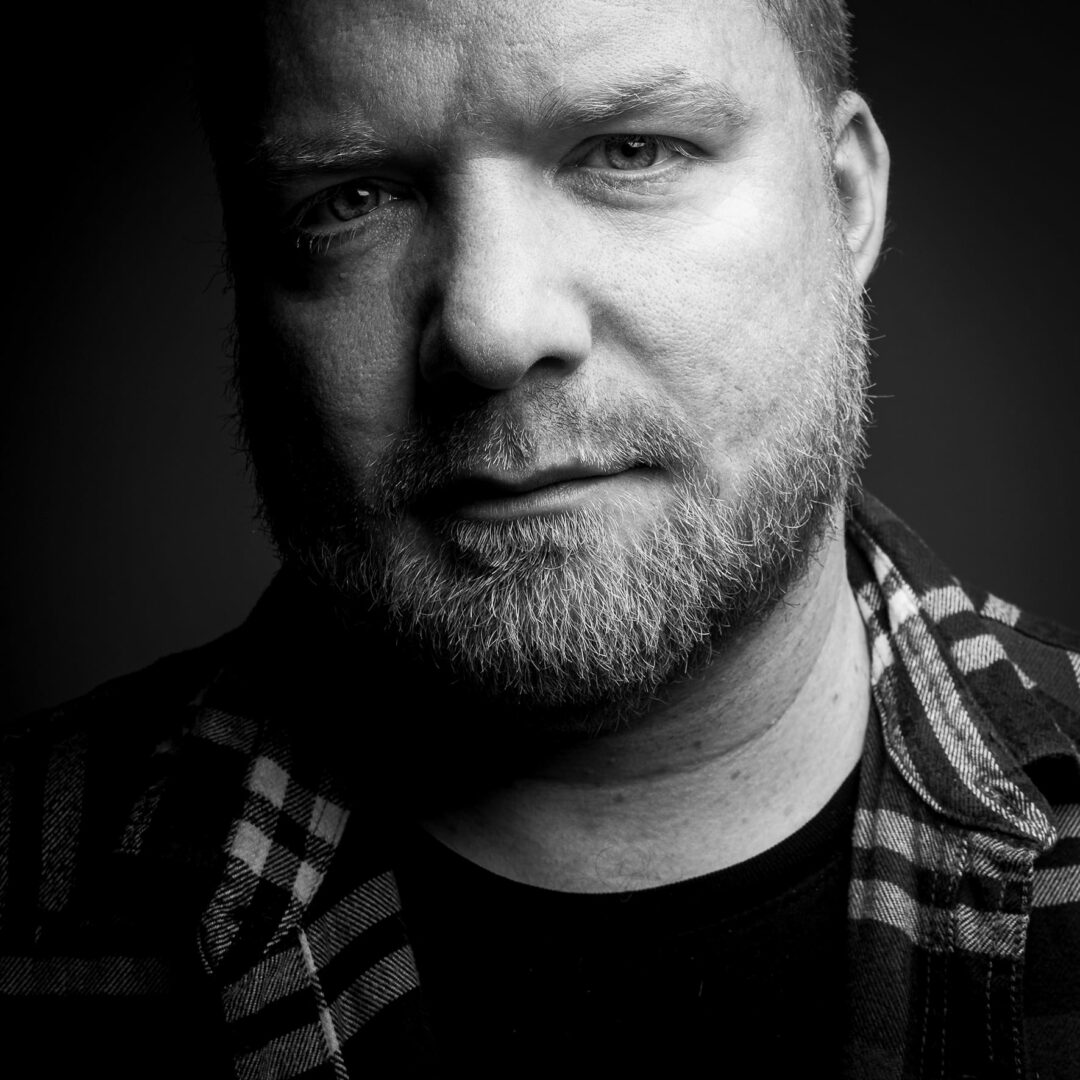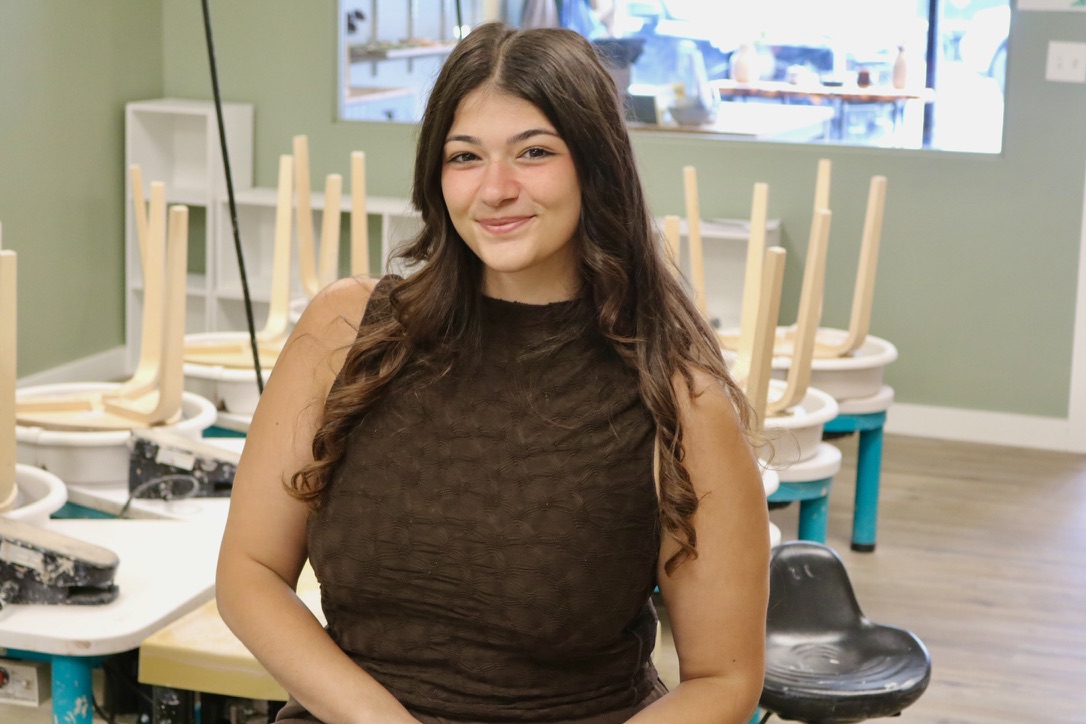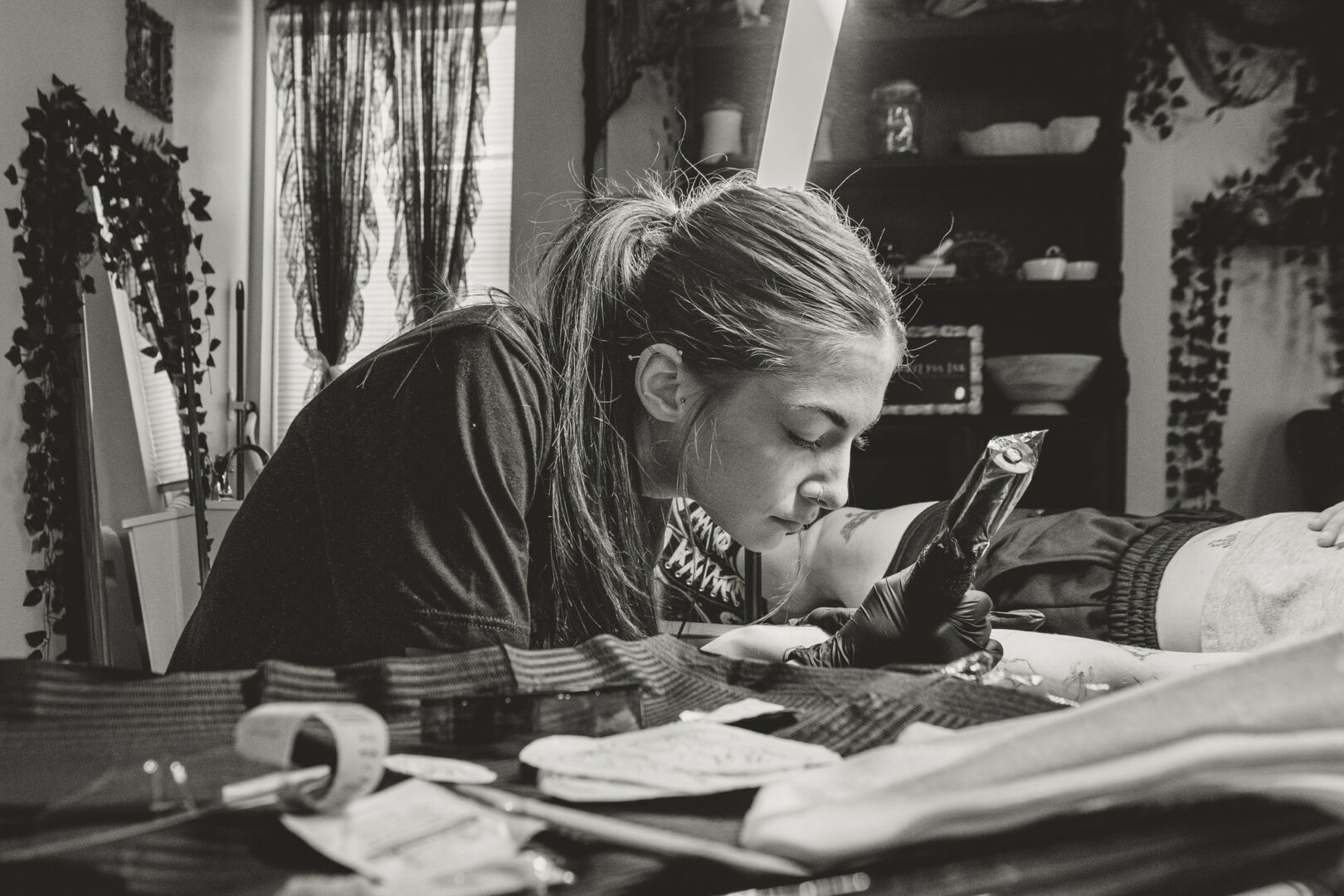We were lucky to catch up with Iskandar Gadirzade recently and have shared our conversation below.
Iskandar, we’re thrilled to have you sharing your thoughts and lessons with our community. So, for folks who are at a stage in their life or career where they are trying to be more resilient, can you share where you get your resilience from?
Two places: immigration and entrepreneurship.
Immigration taught me to adapt. I moved to Canada at 20 from a former Soviet country. I was young, but the journey wasn’t easy. I started as a busboy, became a waiter, studied political science, and worked as a campaign manager. Then I ventured into entrepreneurship, opening my first business in transportation. It failed. Hard. But it also taught me how to rebuild from nothing.
Entrepreneurship taught me to fight. Growing up in the mid-80s USSR meant living through chaos—revolutions, food shortages, schools without heat, and a collapsing economy. My parents sold their car to afford my private education because public schools didn’t have windows or heating. By my teens, survival wasn’t just a skill; it was life.
In my twenties, I bet on myself. My first business grew fast—too fast. I didn’t have the capital to sustain it. I didn’t ask for help when I should have. Instead, I turned to loan sharks. That decision left me owing hundreds of thousands to people you don’t want to owe money to. I lost everything—my business, my savings, my family’s trust. I moved back in with my parents, broke and humbled.
But rock bottom isn’t where my story ends. It’s where resilience begins. I rebuilt. I worked harder, and learned from my mistakes. I had something to prove to myself.
Eventually, I owned and exited four successful transportation businesses, earned my Executive MBA, and now I’m building my next ventures.
Resilience doesn’t come from success. It’s born in failure, in chaos, in counting coins before buying coffee. It’s what immigration taught me and what entrepreneurship demanded of me.
That’s where I get my resilience.

Appreciate the insights and wisdom. Before we dig deeper and ask you about the skills that matter and more, maybe you can tell our readers about yourself?
I’m a business designer. I help design profitable businesses by applying frameworks rooted in human needs—a very different approach from the traditional focus on the bottom line. Instead of starting with money, more money, I start with people. When you take the time to truly understand your customers—their needs, desires, and behaviors—you don’t just build a better business. You can make more money and feel a deeper sense of satisfaction and fulfillment.
I’m fortunate to approach this work as both an entrepreneur and an investor. That real-world lens helps me ground business design frameworks in practicality: Does this business or product make sense? Will it work in the real world? Is it logistically feasible? My entrepreneurial experience adds an essential layer—a commitment to deep, meaningful customer research before ever going to market. It’s like putting on armor: the preparation ensures you’re ready to succeed.
But the part that lights me up—what excites 8-year-old Iskandar the most—is improv and scriptwriting. Over the past four years, I’ve trained at The Second City, completing their conservatory program and focusing on improv and scriptwriting. Improv lets me be silly, playful, and free while exploring characters and pushing ideas to the extreme. Scriptwriting lets me create entire worlds and ask critical questions: How would this character react in this situation? Is this believable? What’s this scene about?
What I love most is how these seemingly opposite pursuits—entrepreneurship, business design, improv, and scriptwriting—pull my brain in different directions yet converge in surprising ways. Real-life entrepreneurship sharpens my thinking. Business design structures my creativity. Improv and scriptwriting remind me to play, to imagine, and to connect with what makes us human.
Together, they feed off one another, creating something dynamic and deeply fulfilling. It’s beautiful.

If you had to pick three qualities that are most important to develop, which three would you say matter most?
When I studied political science, my immigrant parents couldn’t understand my choice. They’d ask, “So what are you now? A doctor? An engineer? A lawyer? What the hell are you?” Truthfully, I didn’t know either. But I let the program shape me. I read voraciously—far beyond what was required, sometimes at the expense of my grades (not the smartest move). Immersing myself in political philosophy became my personal enlightenment period. The questions I asked—the whys—made me reconsider so much about who I was and what I wanted.
The same thing happened during my MBA. I let the experience happen to me. I wasn’t there just for the degree—I was there to learn, to grow, to connect. I met Sarah, who is now my wife, and Nathan, who is now my business partner and best friend. Those relationships didn’t come from networking—they came from being real, from letting myself experience the MBA fully.
I think that’s what poker taught me too. I played to make extra cash, reading books and competing in tournaments across North America. Poker forced me to confront uncertainty: the idea that you can do everything right and still lose. Someone gets lucky, you get unlucky, or the cards just don’t fall your way. What poker really taught me was this: if you can admit that losing everything is possible, it takes the pressure off.
That mindset—being ready to lose—has shaped how I approach life. Whether starting a business, immigrating to a new country (America is my second immigration), or sitting at the poker table, I acknowledge the risks. Once I make peace with the possibility of losing, I can focus on playing my best game and enjoying the ride.
More recently, I’ve learned the importance of pausing—of not rushing. In this hyper-connected, AI-driven world, everything feels like it’s moving at breakneck speed. It’s overwhelming, anxiety-inducing. But I’ve found that when I slow down, I gain clarity.
Whether I’m investing, consulting, or trying to understand my teenage son, the answers are often right in front of me. The trick isn’t in gathering more data—it’s in pausing to observe, listen, and analyze what’s already there. Improv has been my anchor in this practice. It forces me to slow my brain, listen deeply, and truly connect. Improv teaches me to hear not just what people say, but what they mean, to see what’s not obvious, and to read between the lines.
This approach has helped me understand people, relationships, businesses—and even myself—more deeply. Life becomes richer when you stop, breathe, and let it happen to you.

Who is your ideal client or what sort of characteristics would make someone an ideal client for you?
My ideal clients are business owners and decision-makers who value knowledge, embrace open-mindedness, and have the confidence to challenge their own beliefs. They are humble enough to experiment, brave enough to fail, and resilient enough to try again.
Contact Info:
- Website: https://bldconsult.com
- Linkedin: https://www.linkedin.com/in/iskandarg/




so if you or someone you know deserves recognition please let us know here.




